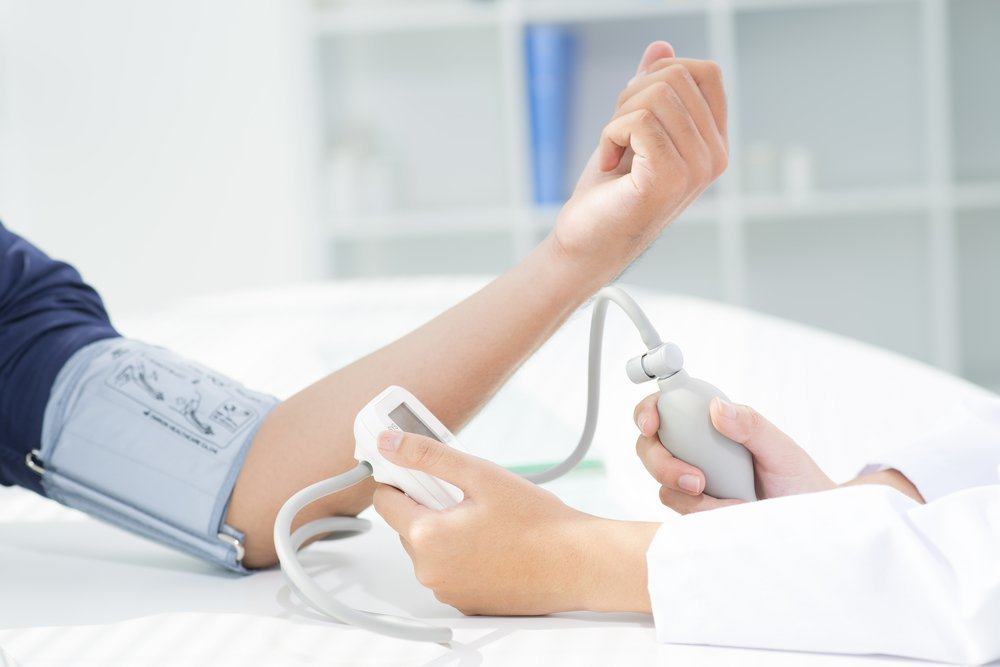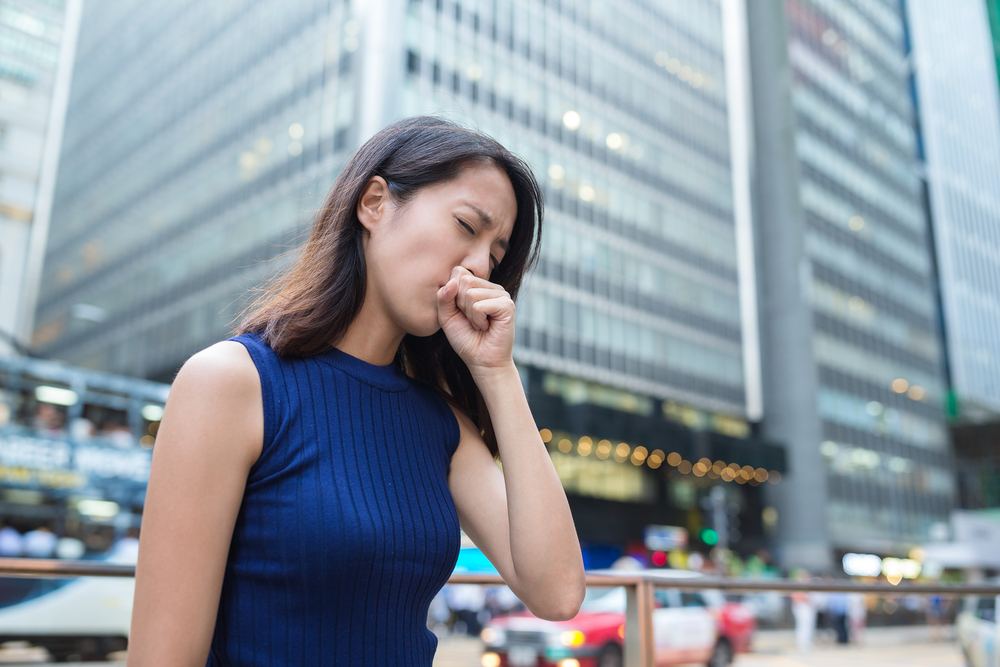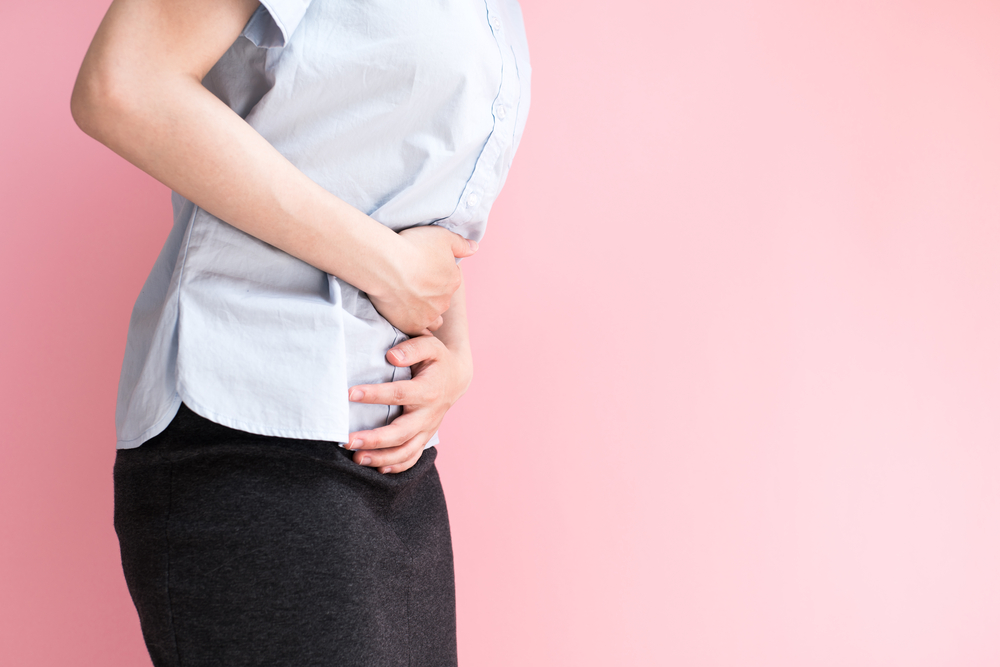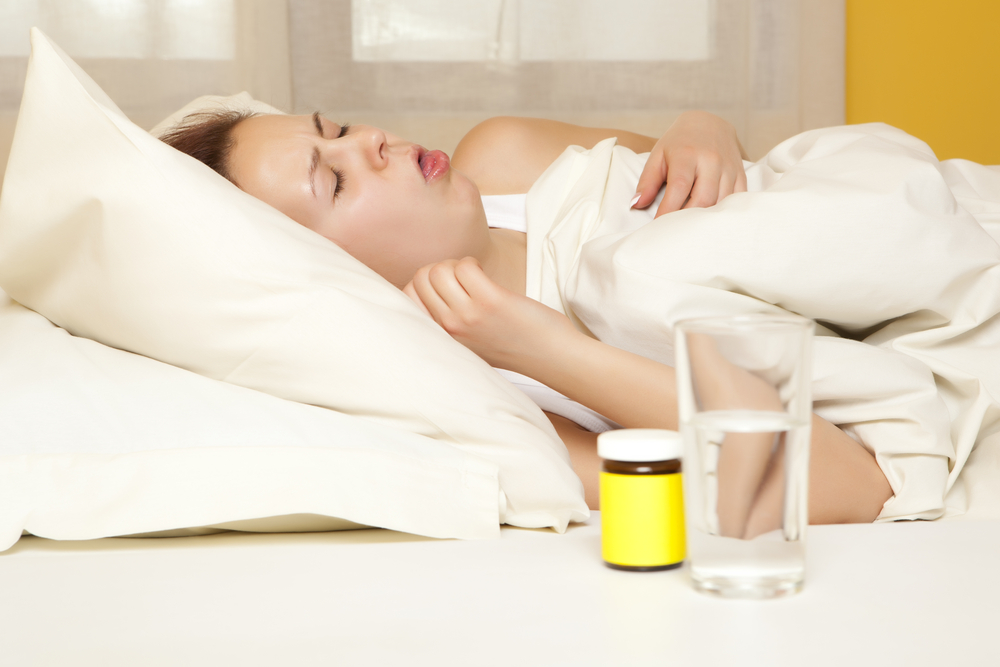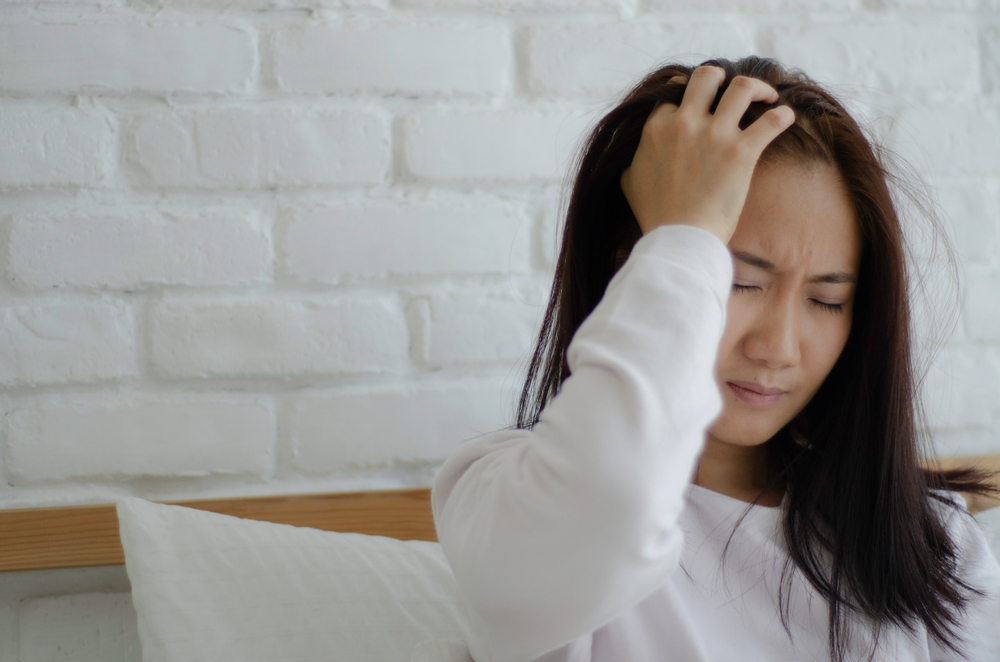Contents:
- Medical Video: Top 4 Drinks That Make Intermittent Fasting EASIER - Drink This, Not That!
- When should you brush your teeth when fasting?
- Tips for maintaining dental hygiene when fasting
- 1. Grab all parts of the tooth with a brush
- 2. Don't gargle immediately
- 3. Use dental floss (dental floss)
- 4. Use mouthwash
Medical Video: Top 4 Drinks That Make Intermittent Fasting EASIER - Drink This, Not That!
Usually bad breath will become unpleasant when fasting. This is caused by the condition of the mouth that food or drink does not enter for some time. Because in fact, scented foods and drinks will make your mouth smell fresher and smell slightly. Come on, see the rules for how to brush your teeth while fasting below.
When should you brush your teeth when fasting?
American Dental Association advise individuals to brush their teeth twice a day, using toothpaste containing fluoride. This is a standard and mandatory rule to do everyday.
Now, with a slightly different case, brush your teeth while fasting can be done before going to bed at the time after breaking and after eating a meal of sahur. Both can be done when you can eat and drink.
When you brush your teeth, you try to get rid of leftovers, plaque, and unpleasant smells on your mouth. Many have scapegoated the reason for fasting for not brushing their teeth for reasons afraid of being canceled. Unfortunately, this is clearly dangerous if done continuously.
If you often don't brush your teeth when fasting, bacteria and dirt left over from the meal and breaking fast can break down the tooth enamel and cause a small cavity to be invisible. Over time, the remaining food will turn into hardened plaque into tartar, making it more difficult and difficult to clean it during fasting.
Tips for maintaining dental hygiene when fasting
Besides brushing your teeth, American Dental Association advise you to do a little more extra care to maintain dental hygiene when fasting. You can also add it by cleaning your teeth using dental floss or flossand mouthwash. Come see the following tips.
1. Grab all parts of the tooth with a brush
Make sure you brush all parts of your teeth. Brushing teeth is divided into 3 parts, namely brushing the inner surface, the outer surface and the surface of the chewing tooth.
2. Don't gargle immediately
After brushing your teeth, don't immediately rinse your mouth. Why is that? Gargling basically cleanses and reduces the effect of fluoride on the remaining toothpaste, so the use of toothpaste is not the maximum result. It's good to wait for 5-10 minutes, then you can gargle.
3. Use dental floss (dental floss)
While waiting for the effect of toothpaste fluoride to work optimally, you can clean your teeth using special threads that are able to eradicate the remaining food between your teeth, because most brush functions are less able to reach between certain parts of the tooth.
Flossing or dental floss, is not only useful for blasting food that slips between your teeth. Dental floss, usually also useful to reduce the risk of tooth infection, bad breath, and even remove plaque that forms along the gum line. Here's how to use it:
- Take 20-30 cm of yarn or dental tape, hold it to the two ends so that there are remaining threads that are useful for cleaning.
- Place and place the thread between the teeth and into the area between the teeth and gums.
- Lift with an up and down movement between each tooth, to remove leftover food and plaque.
4. Use mouthwash
After brushing and cleaning the teeth is over, now is the time you can use mouthwash containing fluoride to help prevent tooth decay. Choose a liquid mouthwash that does not contain alcohol. You can also use it at dawn, to get a fresh aroma and fragrance in your mouth.


